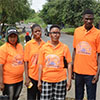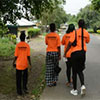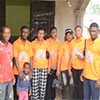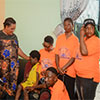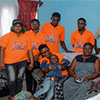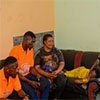Expected Outcomes
4. Data Analysis: Quantitative data collected from surveys, interviews, and observations will be analyzed using statistical analysis techniques to identify patterns and trends. This analysis will help to prioritize the areas of lacking and inform the development of targeted interventions.
Expected Outcomes:
The project is expected to yield the following outcomes:
1. Identification of the key areas of lacking for African children with disabilities, including access to education, healthcare, and social support.
2. A comprehensive understanding of the challenges faced by these children and their caregivers, as well as the unique experiences of this population.
Read More
